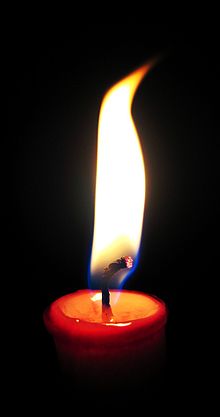An essay in STAT suggests that “moral injury,” not “burnout,” is the biggest problem for physicians now.
The authors write:
“Moral injury is frequently mischaracterized. In combat veterans it is diagnosed as post-traumatic stress; among physicians it’s portrayed as burnout. But without understanding the critical difference between burnout and moral injury, the wounds will never heal and physicians and patients alike will continue to suffer the consequences.
“Burnout is a constellation of symptoms that include exhaustion, cynicism, and decreased productivity. More than half of physicians report at least one of these. But the concept of burnout resonates poorly with physicians: it suggests a failure of resourcefulness and resilience, traits that most physicians have finely honed during decades of intense training and demanding work”.
“The term ‘moral injury’ was first used to describe soldiers’ responses to their actions in war. It represents ‘perpetrating, failing to prevent, bearing witness to, or learning about acts that transgress deeply held moral beliefs and expectations.’ Journalist Diane Silver describes it as ‘a deep soul wound that pierces a person’s identity, sense of morality, and relationship to society.”’
“The moral injury of healthcare is not the offense of killing another human in the context of war. It is being unable to provide high-quality care and healing in the context of healthcare.”
To read the piece, please hit this link.




